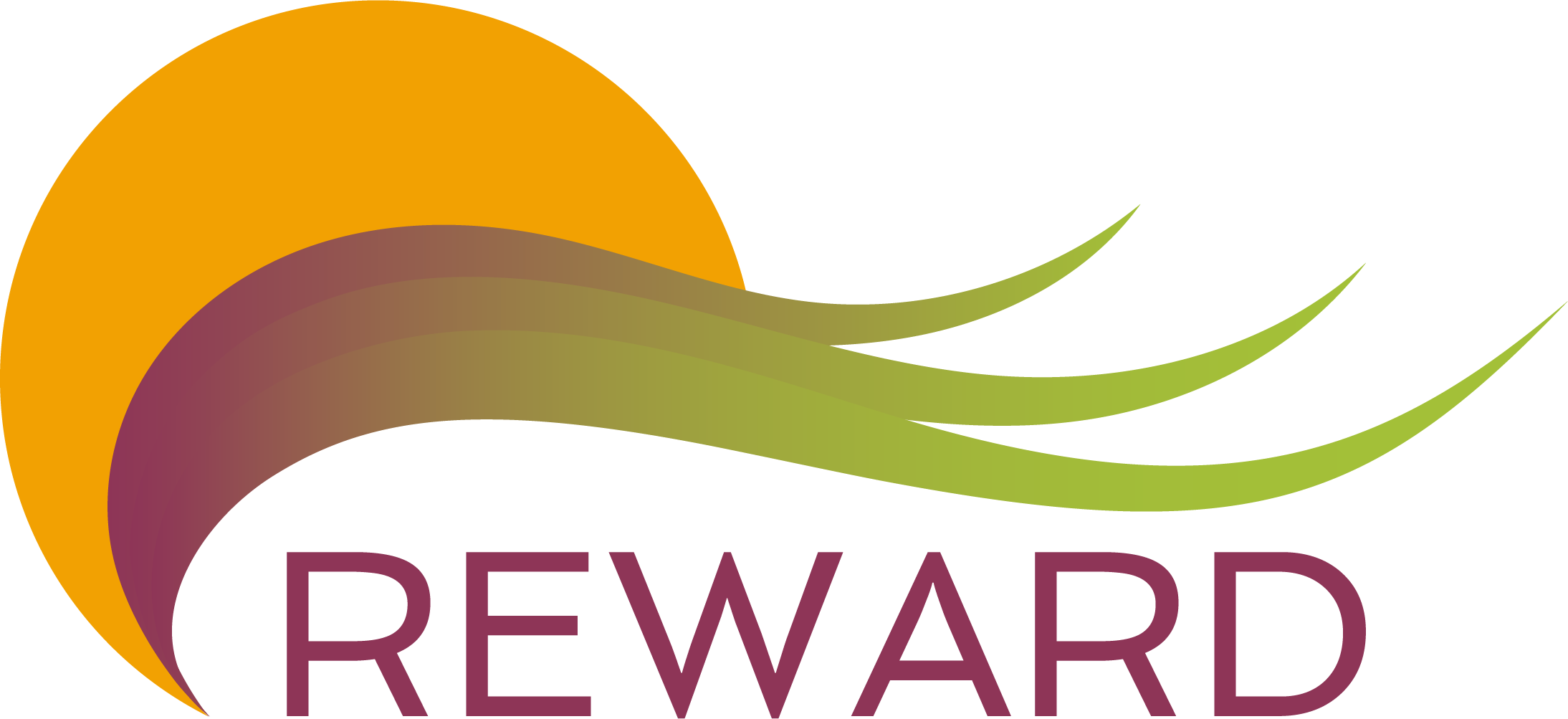
Start: 01-11-2018 - End: 30-04-2021
Project Reference: 2018-1-FR01-KA202-047809
EU Grant: 319.971 EUR
Programme: Erasmus+
Key Action: Cooperation for innovation and the exchange of good practices
Action Type: Strategic Partnerships for vocational education and training
The employment rate of women in rural areas is much lower compared to men’s. In addition to this, people living in rural areas are generally more inclined to leave education or training early, being the “early leavers” 12,2% in rural areas compared with 9,8% in cities, and the highest proportion of people at risk of poverty or social exclusion is recorded in rural areas. Rural areas also have the lowest level of tertiary educational attainment, being the gap between rural areas and cities concerning this indicator around 20 points (all data from Eurostat, February 2017).
Generally speaking, those women who choose to remain in rural environments tend to have less qualified levels of training, which provides them lower employability levels, frequently restricting their job to unpaid housekeeping activities (29,8% of women in Spanish rural areas are facing this circumstance). This situation is mainly caused by a lack of equal opportunities between men and women, by a lack of social co-responsibility and by the existence of the “single bread earner” family model.
These aspects acquire greater relevance in deeply rural context, where farming is the most important business activity and source of income for the families.
Nevertheless, rural areas are experiencing a change and more and more other activities than farming and other values than direct field work are emerging.
Connected to those values, there are sub-sectors related to agriculture which should and can be a source of employment for rural women. Within the so called “multifunctionalit” concept, a wide variety of activities related to farming and aiming at diversifying the income sources could be part of the solution of the situation of women in rural areas.
These concepts and activities are already recognized by the EU policies, as well as in the "Report about women and their role in rural areas" (2016/2204 (INI)). The EU recognise that women “play an important role in preserving the cultural traditions of rural areas, which can contribute to building and consolidating regional identity" through "the development of complementary activities…which go beyond the scope of agricultural production, which allows real added value to activities carried out in rural areas”.
These multifunctional activites, and especially the development of the direct commercialization of traditional agricultural products and the management of rural/agro tourism initiatives, may offer job opportunities for women in rural areas in addition to preserving and promoting the cultural heritage of their regions.
The general objective of this project is to provide the needed training to woman living in rural areas in order to be able to manage in a professional way those multifunctional activities, related to agriculture and rural culture, fostering the development, commercialization and promotion of rural tourism experiences and traditional agricultural products through direct sales or short supply chain.
The specific objectives are:
• To raise the employability of women in rural areas thus reducing their unemployment rate and reducing also the gender related social exclusion factors.
• To reduce the migration flow from rural to urban areas by reducing unemployment and by raising the sustainability of farming related activities.
• To raise awareness about and to promote the cultural heritage related to farming and rural areas.
• To foster an entrepreneurial and proactive spirit.
• To encourage the diversification of farming through multifunctional activities linked to the local concept, as alternative income generation source.
These objectives will be reached by providing women living in rural areas training materials that will strengthen the competences they need.
The main contents of the training system will be:
- A report about the situation of women in rural areas and their employment opportunities in multifunctional farming activities related to rural cultural heritage.
- A set of 15 case studies gathering best practices related to women entrepreneurial initiatives in rural areas linking multifunctional farming activities and rural cultural heritage;
- Training modules and introductory videos providing the knowledge needed to start an entrepreneurial initiative in a sustainable way.
The training materials (in English, French, Spanish, Slovenian, Polish and Czech) will be gathered in a web-based training app.
Twitter: @REWARD_ERASMUS
Facebook: Reward Project
Website: http://reward-erasmus.eu/
The REWARD project consortium is made by the following partners:
AGPF (FR): An association representing the interest of French grain producers.
COAG (ES) and APF_CR (CR): Farmers associations.
OnP (ES): A consulting enterprise specialized in project managing, monitoring and evaluation.
BC Naklo (SI): A public VET provider in rural areas.
CDR (PL): A government institution providing training and advisory service in the rural world.
ELO (BE): A unique EU federation which represents the interests of the landowners, land and forest managers and rural entrepreneurs.
